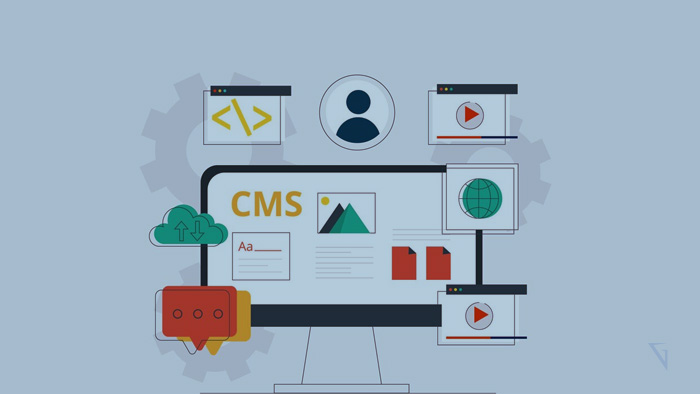
Go Beyond Basics: Mastering the Evolving Landscape of CMS”
Introduction to Content Management Systems (CMS) Content management systems (CMS) are software programs that allow you to create, manage, and publish content on the web. They are used by website owners, content creators, digital media marketers, and developers to organize, create, and maintain content. CMSs offer the ability to store videos, images, text, documents, and other types of content in a single location. They also provide tools for creating, managing, and updating content on the web. Content can also be shared across multiple channels, like social media or email. A modern CMS can help you build a website, blog, or e-commerce store quickly and easily. It provides a range of options for customization, from custom domain names and themes to plugins and widgets. You can also add new features like page builders, membership systems, and marketing automation. Additionally, it’s easy to integrate your CMS with third-party services like newsletter subscription forms, payment gateways, or analytics tools. This allows you to track the performance of your
